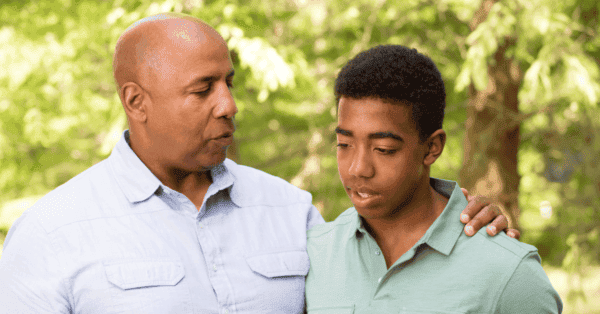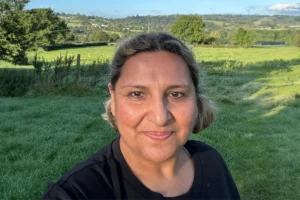The online world’s impact on body image
We spoke to psychologist Dr Linda Papadopoulos about the online world’s impact on young people’s body image and what parents and carers can do to help.
The online world offers children and families a wide range of benefits. It provides opportunities to learn, create, play and connect with family and friends. However, it can also present risks to children’s wellbeing, including their body image. Through connected technology, young people are engaging more closely and more frequently with their own images than ever before.
Dr Papadopoulos highlights that children who have poor body image have stronger negative thoughts about their appearance:
- Whether it’s taking multiple photos or using filters to adapt their look, the sheer amount of time children spend looking at pictures of themselves online can fuel negative body image.
- The common practice of friends and strangers ‘liking’ images can lead children to become overly reliant on this type of feedback for self-esteem.
- Images online can reflect unrealistic beauty standards and algorithms can result in young people’s social feeds spiralling towards more extreme content (like content promoting behaviour associated with anorexia and bulimia).
How body image can impact young people’s lives
This doesn’t mean that parents should worry whenever they see their children taking a selfie or videoing themselves with friends. Dr Linda explains that it is healthy and natural for young people to be aware of how they look. We quickly learn as children that how we present ourselves to others can have real world effects. For example, babies learn that smiling at an adult can encourage them to do what the baby wants.
However, we do need to worry if children develop negative or irrational thoughts about the impact of their appearance. Thoughts fuelled by poor body image like “I hate my legs” can quickly turn into “I hate my body” and then “I hate myself.” These negative thoughts can become so routine that they can be difficult for young people to recognise or stop. In extreme cases, they can fuel the development of eating disorders as well as other mental health issues such as depression and anxiety.
What is being done about this issue?
The forthcoming Online Safety Bill will help tackle the online world’s impact on body image in young people. It will require technology companies and online platforms to do more to help children enjoy all the benefits that connected technology offers while reducing the risks.
The Government recently strengthened the Bill so that companies will be held responsible for content that includes false dietary advice and encourages serious self-harm. While this is a positive step, it is important that the Bill protects children from less extreme content. This content can still negatively impact their body image and lead to more serious problems later down the line. Learn more in our response to a parliamentary inquiry on body image.
How we can parents support children’s body image
It will take some time for the Online Safety Bill to become law but even then, it won’t solve all of the challenges children face online. Therefore, it remains as important as ever for trusted adults to help children maintain a positive body image online.
Dr Linda Papadopoulos says parents and carers can play a key role in supporting children in this. Encourage them to reflect on their online activities and think critically about what they see. Help them ask questions like “is this how someone really looks,” “why is this image being used” and “how are these images making me feel?”





